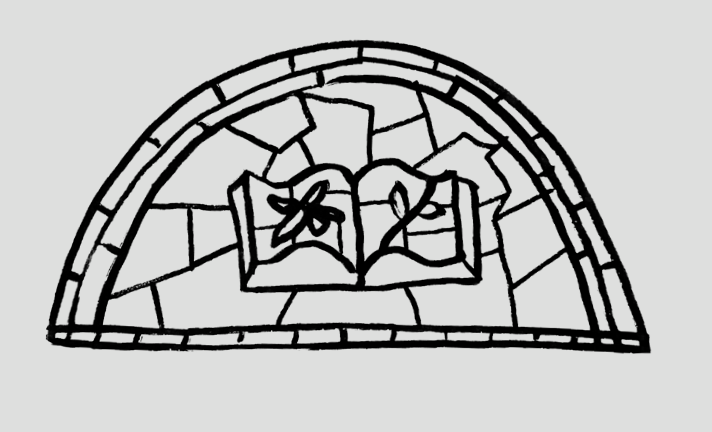
Image by Ivy Sanders Schneider

Image by Ivy Sanders Schneider
Novels have become interesting again, and just in time. Readers have finally had enough of the self and its dilemmas, and writers have become less afraid of upsetting them, or of testing their patience. The protagonist of Sheila Heti’s Pure Colour, Mira, is drawn up into a leaf where she undertakes interminable philosophical dialogues with her dead father (who also lives in the leaf), while the narrator of Claire-Louise Bennett’s Checkout 19 is not afraid to speak in the first person plural, nor to describe the ramblings of a decadent Venetian — or Viennese, if the mood takes her — idiot called Tarquin Superbus for a cool thirty pages. Things feel less didactic, more obscure. You’re the one who has to find a meaning in all this. Form is back. There are books that are split up into sections, elaborate arrangements of pieces (and by this I do not mean fragments) like discrete surfaces that come together to create a magnificent, prismatic whole. There are books that feel like stained-glass windows and books that read like religious texts, full of subtle infinities. There are books that are clearly reaching for something. There are Substacks that have reached something, even if I don’t know what that something is. In the last couple of years our world has been flooded with calamities, and in addition to this our minds have been shattered by content, more content than ever, more content than we thought we’d ever see.
Anyway, in the wake of these events, we’re witnessing a thwarted groping for a transcendence of some kind. Maybe narrators will never get their names back. Maybe their names are irrelevant because their authors have moved on to higher things. Angels are everywhere. God is everywhere, again. And recently I’ve been seeing a lot of paradise, too — or maybe just Fernanda Melchor’s Paradais and Hanya Yanagihara’s To Paradise, though for the most part the writers of these stories seem to situate them in hell. It has become stylish to subject characters to drought, plague, disasters of all kinds. Ottessa Moshfegh’s Lapvona is set in an imaginary medieval fiefdom full of instructive suffering. Will it be followed by other morally twisted cripples, visionary wet nurses, and ravenous lords? Will there be more parables? Perhaps we have realized that we are in a cathedral. Perhaps we are sick of looking at our phones and have begun to examine the ceiling.
I left my usual valley of the internet to prepare for this piece and here are a few of the things I saw. Our godless age has started to feel bad about being godless. Everybody is threatening to convert to Catholicism all the time. Minimalism is out and medievalism is in. This makes sense: what is the internet, if not a great Decameron of tales by increasingly anonymous storytellers? Like the scholastics, we are striving to reconcile a multitude of sources; like the medieval writers, we are trying to bring stories together, but it’s harder than ever to create a frame narrative, or to believe that one might even exist.
Umberto Eco argued that we continually return to the Middle Ages, or our images of them, but something about our own time feels more numinous, as if far more than nostalgia, aesthetics, reactionary politics, or even a diagnosis of our problems were at stake. Perhaps we reach for them now because they tell us what it is like to live in a world full of signs, a kind of semiotic overflow that maps onto our own — only in the imaginary paradise of the past everything was meaningful, really meaningful, an attempt to instruct and not extract. Like them, we have been born into an endless semiosis, but reading the internet is less important than reading God’s book, also known as the world, and so we’ve started reading that again, too.
Missouri Williams is a writer and editor who lives in Prague. Her debut novel, The Doloriad, was published this year.